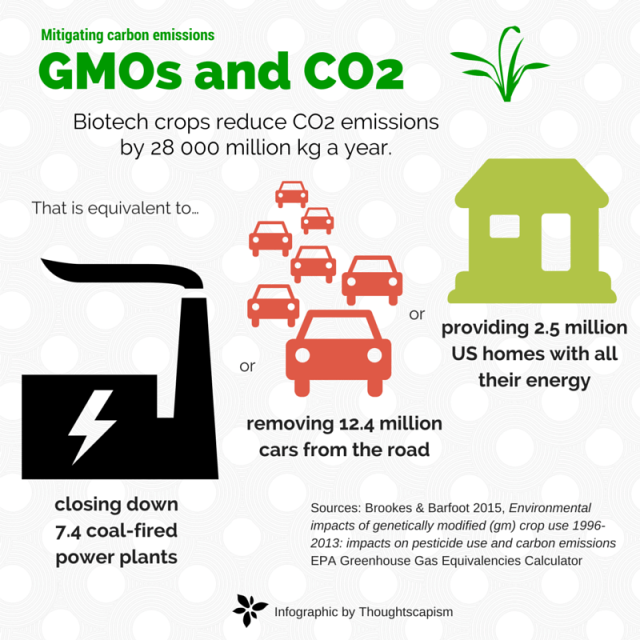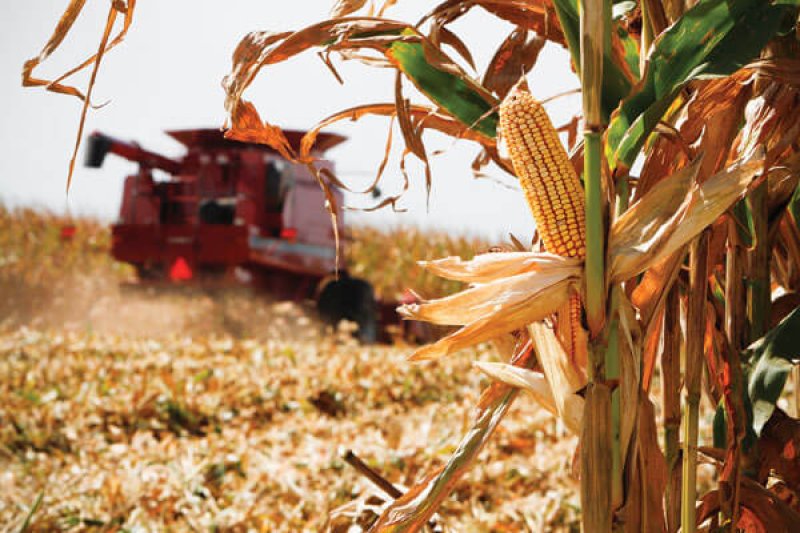[Editor’s note: Iida Ruishalme is a writer and a science communicator from Sweden who holds a M.Sc. in Biology.]
I have read several papers highlighting the benefits of modern (organic-forbidden) farming methods for the environment. Here is an article that argues farm efficiency to be a good measure for impact on climate change. To clarify what efficiency means in practice, I’ll borrow Marc Brazeau’s words over at Genetic Literacy Project:
High yields are an indicator of efficient use of resources. High yields indicate that water, fuel, fertilizer, pesticides, labor, etc were successfully transformed into food instead weeds, bug food, and run off.

You can read more in my piece: GMOs and the environment
Another important tool, forbidden in organic farming but bringing big environmental benefits, are GMO crops. Here are studies on the key environmental impacts that crop biotechnology has had on global agriculture in 2012 and 2013.
…
The way I see it, being labeled organic really shouldn’t stand in the way of choosing environmentally friendlier methods. Looking at the evidence I can find, sadly at this time this seems to be the case. It’s conventional farming that has the freedom to choose among many methods which are favourable for the environment.
The GLP aggregated and excerpted this blog/article to reflect the diversity of news, opinion, and analysis. Read full, original post: What about Animal Welfare, Pesticides, and the Environment? Organic vs Conventional
For more background on the Genetic Literacy Project, read GLP on Wikipedia































